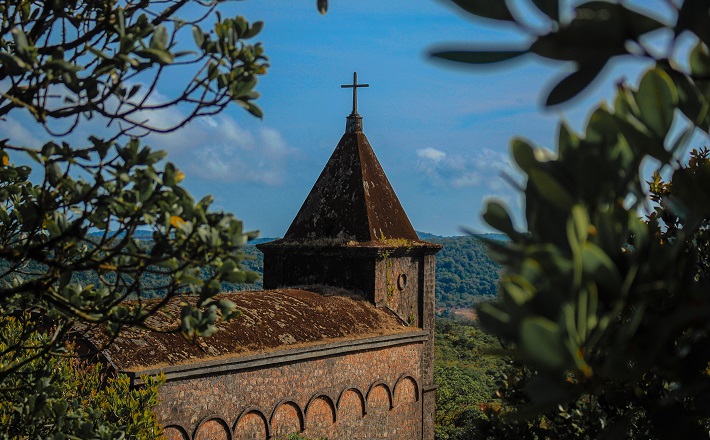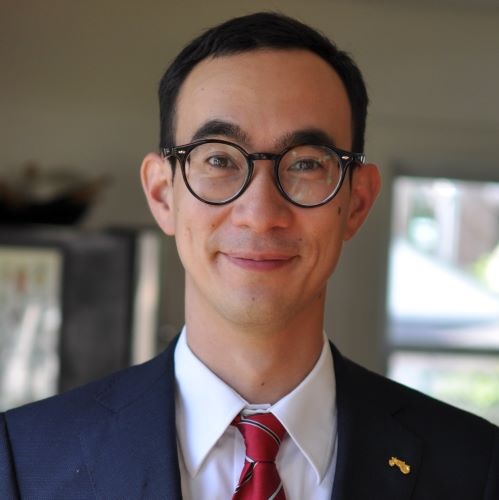Dear Working Preacher,
Why is forgiveness so difficult? Is there a harder commandment than the commandment to forgive? Later in the Gospel of Matthew, Jesus reminds us that there are greater commandments, of course. “You shall love the Lord your God with all your heart, and with all your soul, and with all your mind” and “You shall love your neighbor as yourself” (Matthew 22:34-40). These two commandments are greatest in the sense that they summarize all of the others. Even though these two place a great demand on us, they have a tendency to become abstract. It’s sometimes hard to perceive what it means to love the Lord in the grind of everyday life.
Unforgiveness shows
On the other hand, the command to forgive our brothers and sister from the heart needs no explanation (Matthew 18:35). We show right away the grudges and the hurts that we hold against those who have wronged us. Whether it’s our tone or our body language, unforgiveness is hard to hide. This commandment has an especially sharp point because it’s directed toward those nearest to us. It is directed at the people that we work with everyday, the people in our homes. People who annoy us, wrong us, and generally drive us batty.
Why is forgiveness so difficult?
I am haunted by forgiveness, dear Working Preacher, by my own inability to forgive small slights and my own capacity to justify my indignation instead of asking for forgiveness. This has always been a problem for me, but I did not realize that I struggled with forgiveness until the pandemic. I can even name the day that I realized it: September 2, 2020. On that day, Kang Kek Iew, alias Comrade Duch, died. This may not have been a news item that resonated with you, but as a Cambodian, it hit home for me. As a member of the Khmer Rouge, Comrade Duch headed the notorious Tuol Sleng prison. By his own meticulous record keeping, he was responsible for the torture and deaths of over 15,000 people.
Along with several other prominent Khmer Rouge officials, the United Nations supervised tribunal convicted Kang Kek Iew convicted for war crimes and crimes against humanity. The trial and sentencing took place while I was in college. Though I followed along, it did not make much of an impact on me. It was only when he died, when I reread his testimony, that my life changed. You see, Kang Kek Iew differed from other Khmer Rouge leaders in two intimately connected ways. The first is that in 1996, while still a free man, Kang Kek Iew was baptized and became a Christian. The second is that he confessed to his crimes and asked for forgiveness. All of the other Khmer Rouge leaders who appeared before the tribunal refused to take any responsibility for their actions and denied that they committed any crimes.
A request for forgiveness
I don’t know if a week has gone by since where I have not thought of Kang Kek Iew, his confession and his request for forgiveness. The Khmer Rouge offered no forgiveness to those whom they saw as perpetrators of oppression, including many members of my family. But as a Cambodian and as a Christian, I know that Kang Kek Iew’s request for forgiveness is directed at me. So I ask Jesus, “Lord, how often should I forgive, as many as fifteen thousand times?” He stretches my ability to forgive to its limits. But at the same time, he puts me to shame. How is it that I am ashamed to ask my brothers and sisters in Christ to forgive the small wrongs that I have done when Kang Kek Iew had the courage to own and to ask for forgiveness for all the wrongs that he committed?
Dear Working Preacher, this commandment is so hard, who can bear it? But it is in salvation that forgiveness lives. It lives in the forgiveness that God extends to us through the death and resurrection of Jesus. It’s in the forgiveness that we then extend to our brothers and sisters in Christ. Take courage. Ask God and your brothers and sisters for forgiveness. Forgive each other and live in peace.
In Christ,
Kristofer

